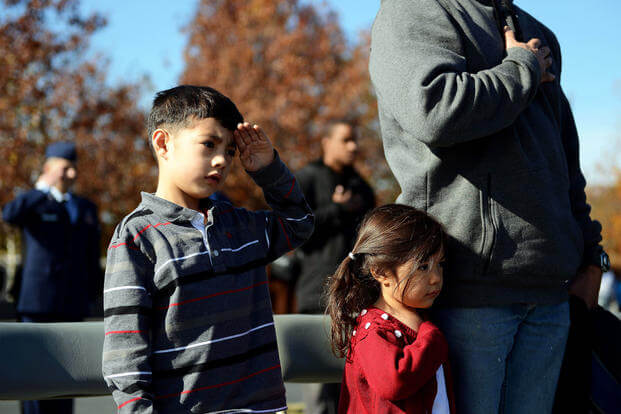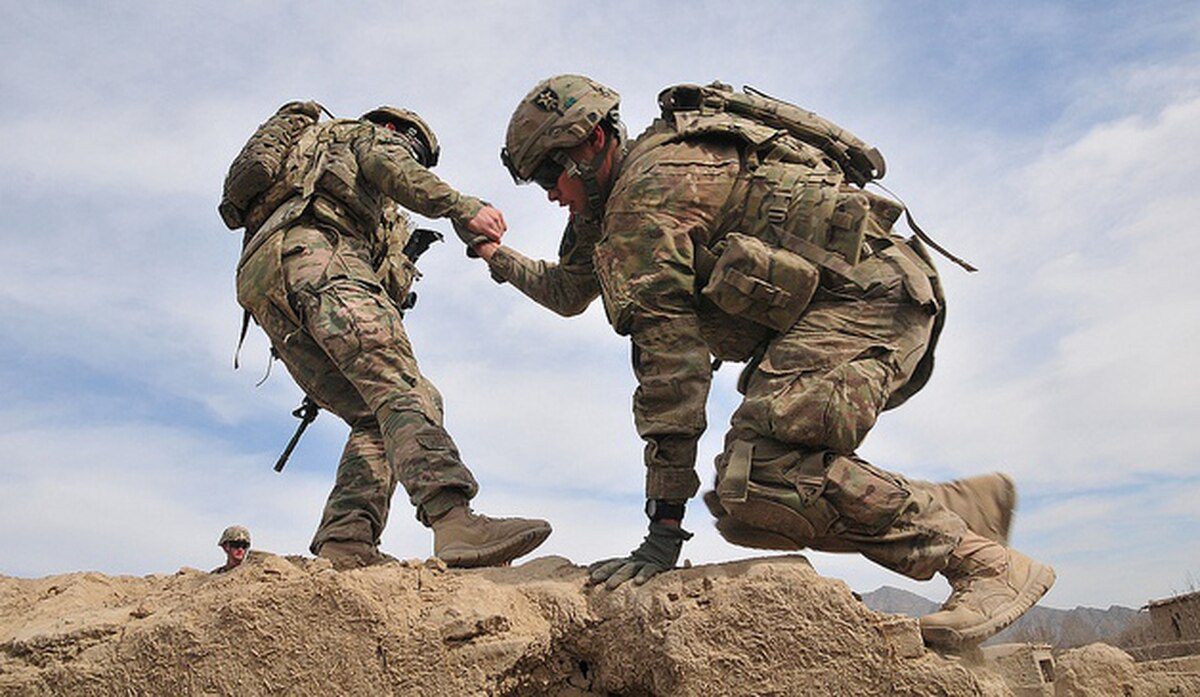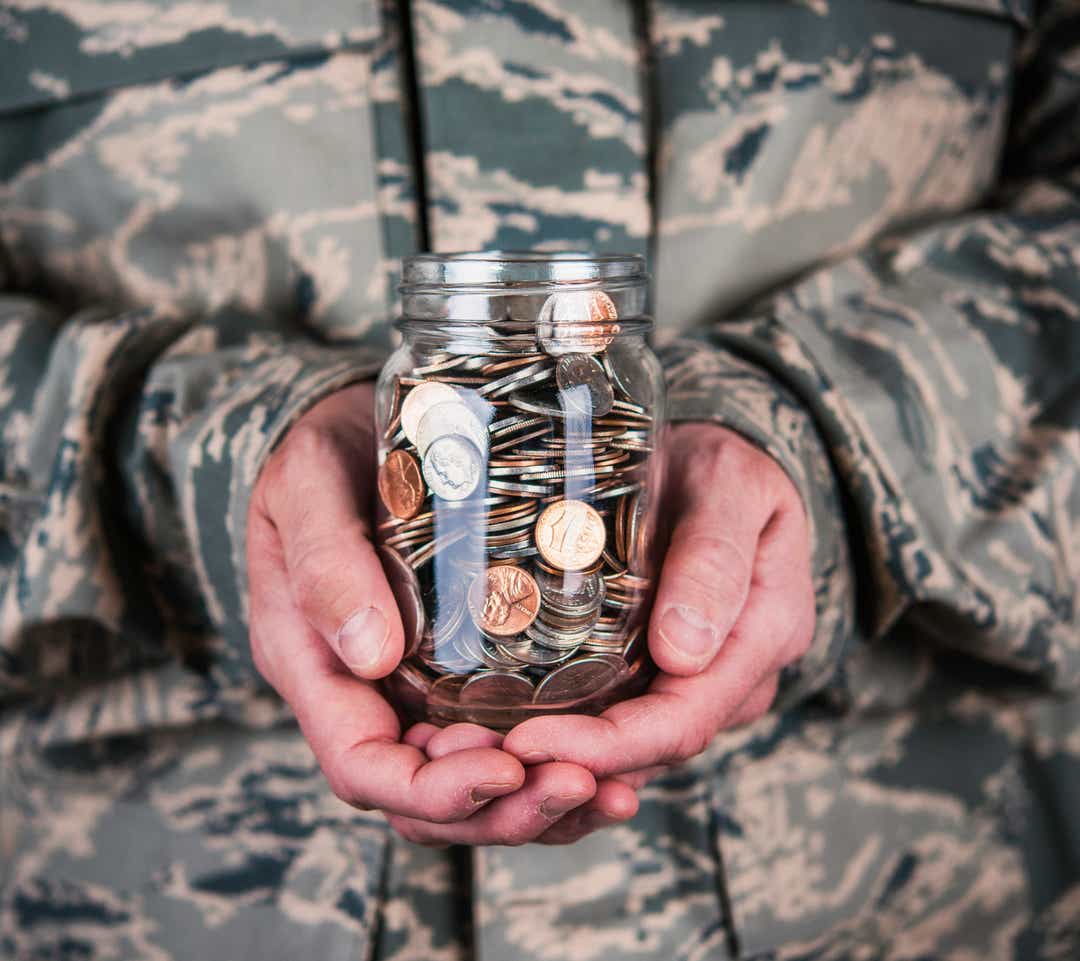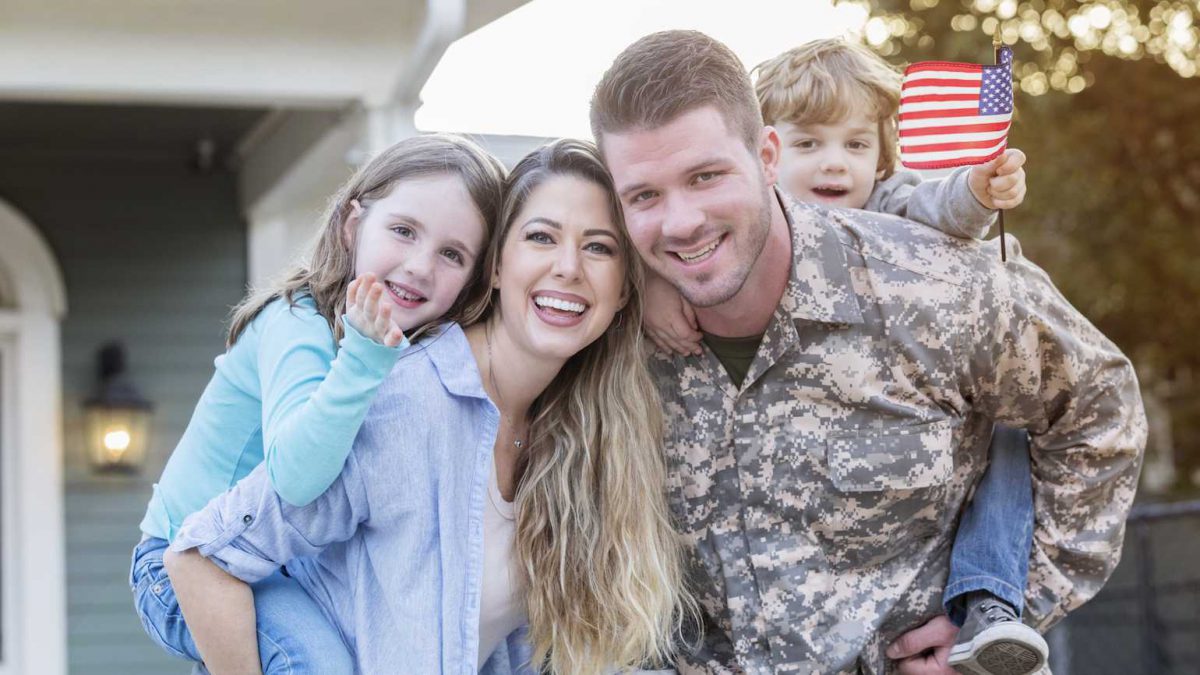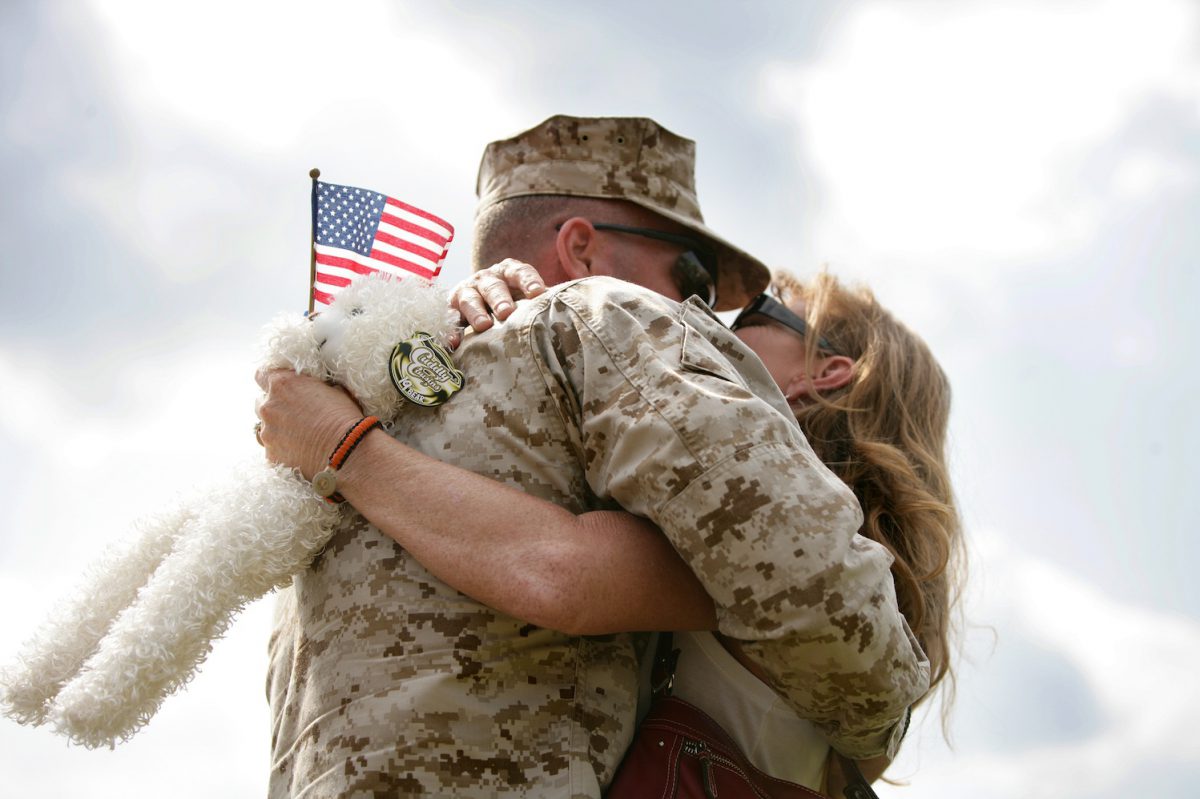The Department of Veterans Affairs offers a variety of veteran family and veteran child benefits. Whether you qualify for any or all of them depends on many factors, including the veteran’s disability rating and whether he or she is still living.
Veteran Child and Spouse Pay
Payments to the children and spouses of veterans or troops are generally reserved until after the service member’s death.
Some surviving spouses may be eligible for a monthly payment known as Dependency and Indemnity Compensation (DIC) if their spouse died on active duty, died after active duty as a result of a service-connected disability, or died after being rated as permanently and totally disabled by the VA.
Spouses or disabled dependent children might be eligible to receive payments from the Survivors Benefit Plan if the service member elected to pay into the plan when he retired from the military.
A surviving family member designated by the service member could be eligible for a benefit known as the death gratuity if the service member dies while on active duty or in a drilling status.
Some low-income surviving spouses, dependents or permanently disabled children of deceased veterans might qualify for a payment known as the survivor’s pension.
Veteran Child and Spouse Education Benefits
Families might qualify for veteran child education benefits or education help for veteran spouses through several different programs.
Military members who meet certain qualifications, which can include time in service and a service contract extension, can transfer their post-9/11 GI Bill to their dependents. The transfer must be officially made while the service member is on active duty, but the money can be used after he or she leaves the military.
The Fry Scholarship allows spouses and children of those who died on active duty to use the post-9/11 GI Bill even if it wasn’t officially transferred before the service member was killed.
Spouses and children of living veterans who have been ruled by the VA to be “permanently and totally disabled” due to service, who died from any cause while considered permanently disabled due to service, or who are ruled by the VA to have died due to a service-connected disability qualify for an education benefit known as the Dependents Education Assistance Program (DEA).
Depending on the circumstance under which a veteran died, children and spouses of veterans might qualify for both the Fry Scholarship and DEA. Although children who qualify for both may be able to use both benefit programs, spouses must choose to use one or the other.
Veteran Family Health Insurance
The VA provides veteran family health insurance to some veteran families through a program known as CHAMPVA.
A family can qualify for that coverage through the VA if their veteran is rated permanently and totally disabled due to service, died while under the rating, is ruled to have died from a service-connected disability, or died on active duty but the family is not eligible for Tricare coverage.
A family might also qualify for CHAMPVA if they are a part of the Comprehensive Assistance for Caregivers Program. That program pays a veteran’s primary caregiver a stipend for his or her caregiving work.
Some children born with birth defects to Vietnam or Korean War veteran, or families who were stationed at Camp Lejeune, North Carolina, between 1953 and 1987 might also qualify for coverage.
Commissary, Exchange and Shopping Benefits
Although all honorably discharged veterans qualify to shop at the exchanges via their online stores, that benefit does not extend to their families.
Veterans who have been ruled 100 percent disabled due to service and their spouses can shop on base at the exchanges or commissaries using an ID card issued on base. You can visit your local base ID card office to find more about how to apply for that ID.
Grown children of a veteran, regardless of the veteran’s service or rating, do not qualify to shop on base or through the online exchange program.
Veteran Family Memorial Benefits
Spouses and dependents of veterans or service members may be eligible for burial in a national cemetery. To qualify, the spouse must either be married to the service member at the time of death or be an non-remarried spouse of a deceased veteran.
Dependent children who were under 21 at the time of their death, children who were under 23 but enrolled in school full time at death, or those who were ruled permanently mentally or physically disabled before age 21 may also be eligible for burial benefits.
Parents of unmarried service members with no dependents who are buried in a national cemetery and who died on active duty after Oct. 7, 2001, may also be eligible.
Other Veteran Family Benefits
The spouses and families of veterans are eligible to use MilitaryOneSource, including the system’s free non-medical counseling services, for up to one year after leaving active duty.
Veteran caregivers can access support resources, including mentorship and a help line, even if they do not qualify for payment through the Comprehensive Assistance for Caregivers Program.
Veteran Family Nonprofits
Many nonprofits also serve the families of veterans. National nonprofits such as Team Red, White & Blue, the Wounded Warrior Project and Operation Homefront all have resources for both veterans and their families.
Other nonprofits, like the Tragedy Assistance Program for Survivors (TAPS), specifically serve surviving family members. Families should also check in their local area for nonprofits that assist with local needs.

